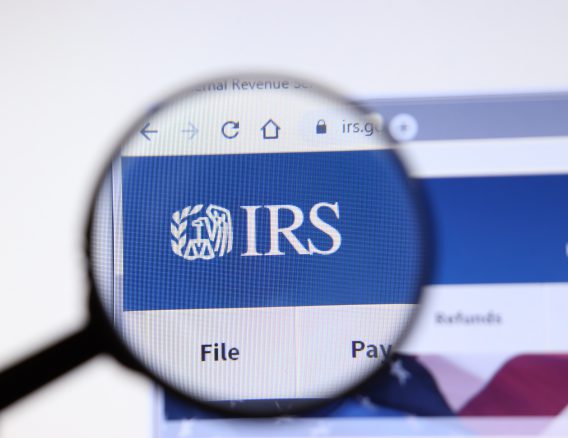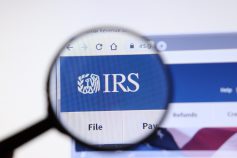Written by Dakota Trump, Tax Associate
On June 1st, Senior Accountant Jake Shockley and Client Service Manager Catherine Kruse presented on the IRS homepage and why it might be time to embrace the options that the IRS offers. While many taxpayers feel very strongly against being on their radar, the new technology that “The Service” offers is definitely an advantage in the long run. Don’t miss their next webinars on August 3rd and September 7th on submitting a power of attorney through the IRS site and making an estimated tax payment!
How Does the IRS Contact Taxpayers?
The IRS initiates almost all taxpayer contact through mail, delivered by the United States Postal Service. There are special circumstances that will result in the IRS calling or coming to your place of residence or business, but this does not occur without first receiving several notices in the mail.
If you receive a phone call or someone comes to your house claiming to be an IRS agent, an actual IRS representative will always:
- Provide two forms of official credentials (pocket commission and HSPD-12 card) and the taxpayer has the right to see and verify these credentials
- Direct you to pay your balance to the U.S. Treasury, but they will not demand it immediately.
What Does the IRS Not Do?
There are certain actions that a scammer may demand, which can immediately indicate that it is not the IRS contacting you. The IRS will not:
- Call and demand immediate payment using a specific payment method (i.e. prepaid debit card, gift card, or wire transfer)
- Demand you pay taxes without allowing you to question or appeal the balance due
- Threaten to bring in local police or other law-enforcement to have you arrested for not paying
- Revoke your driver’s license, business licenses, or immigration status – these are common tactics scammer use to put fear in taxpayers to act quickly
Scams can take many different forms, whether it be a phone call, email, or letter and scammers are often very crafty. Please note, the IRS will always first contact you by letter before calling or visiting you. It is important to be aware of what actions the IRS is allowed to take and know what actions they do not take. If you believe you are being contacted by a scammer, avoid the phone call, email, or letter. Do not provide any personal information to an unknown individual. Inform Hauk Kruse of the potential scam, and allow us to assist in determining if action needs to be taken. Similarly, if you receive a notice for a tax return that Hauk Kruse prepared on your behalf, please don’t hesitate to reach out and send us the notice to review. Early resolution is the best way to ensure that you do not continue to receive more.
If you have any additional questions as a result of this post, please feel free to reach out at 314-993-4285 or e-mail office@Hkaglobal.com.

